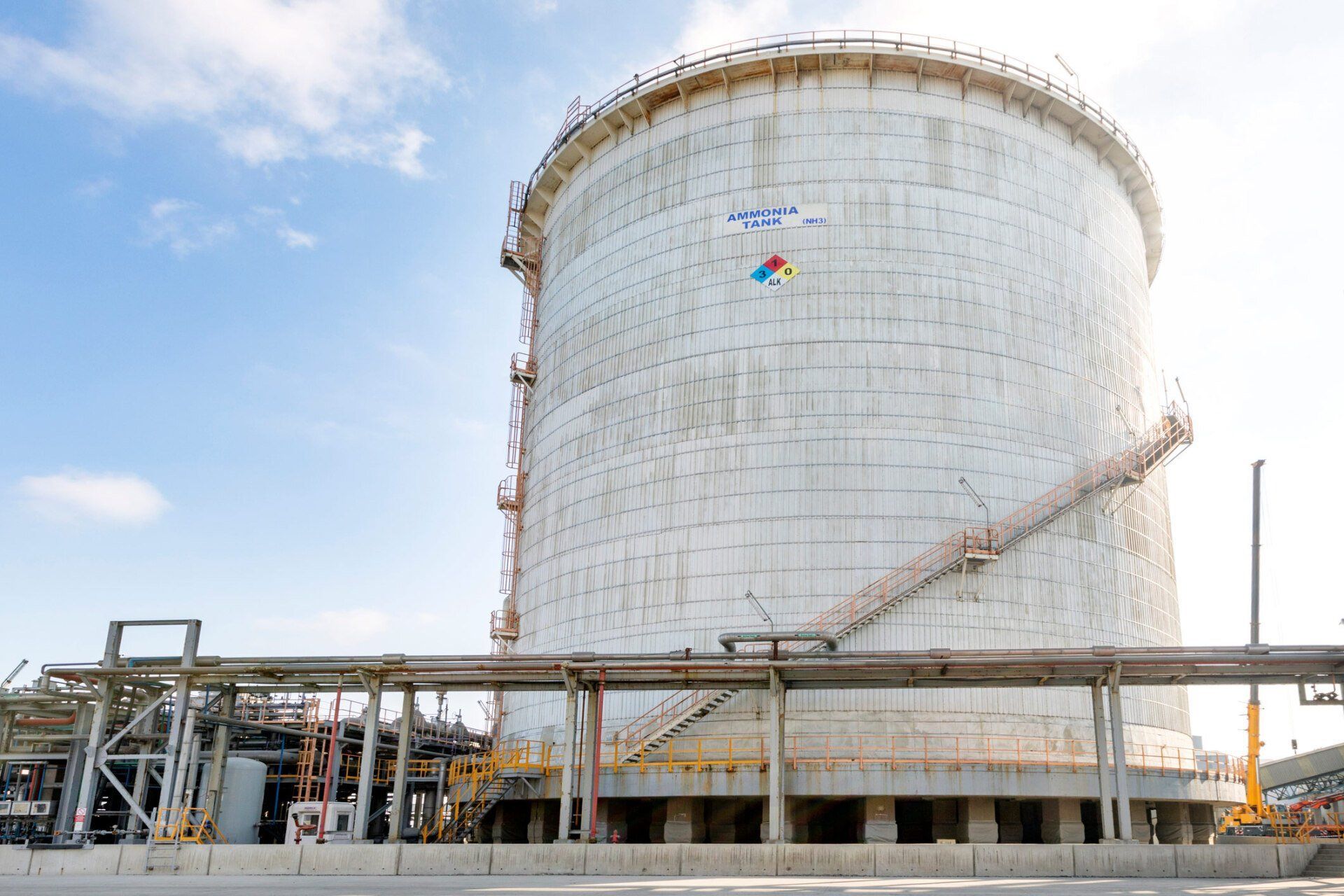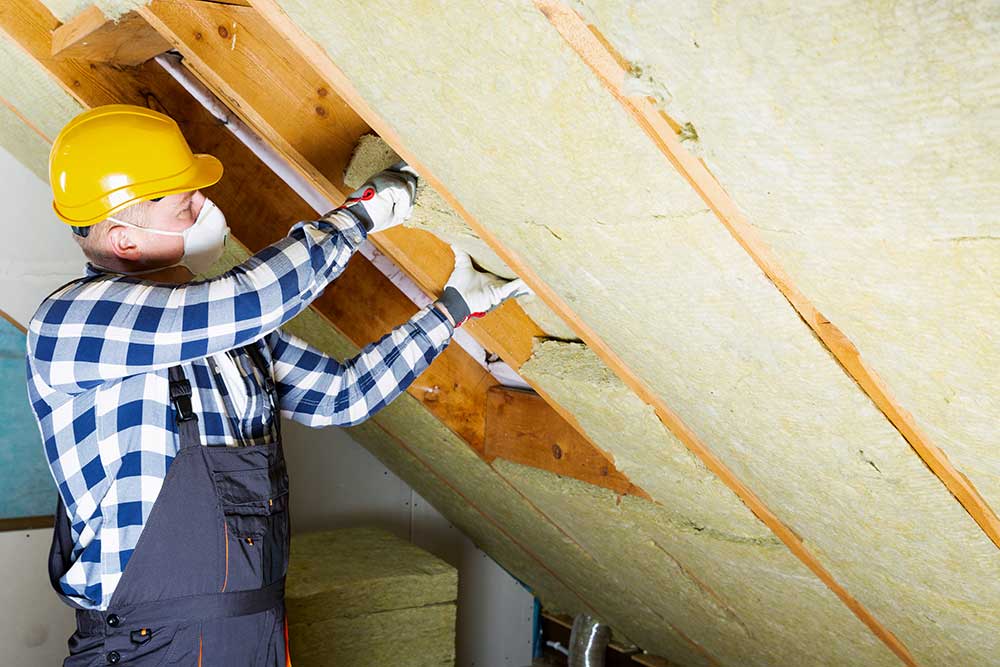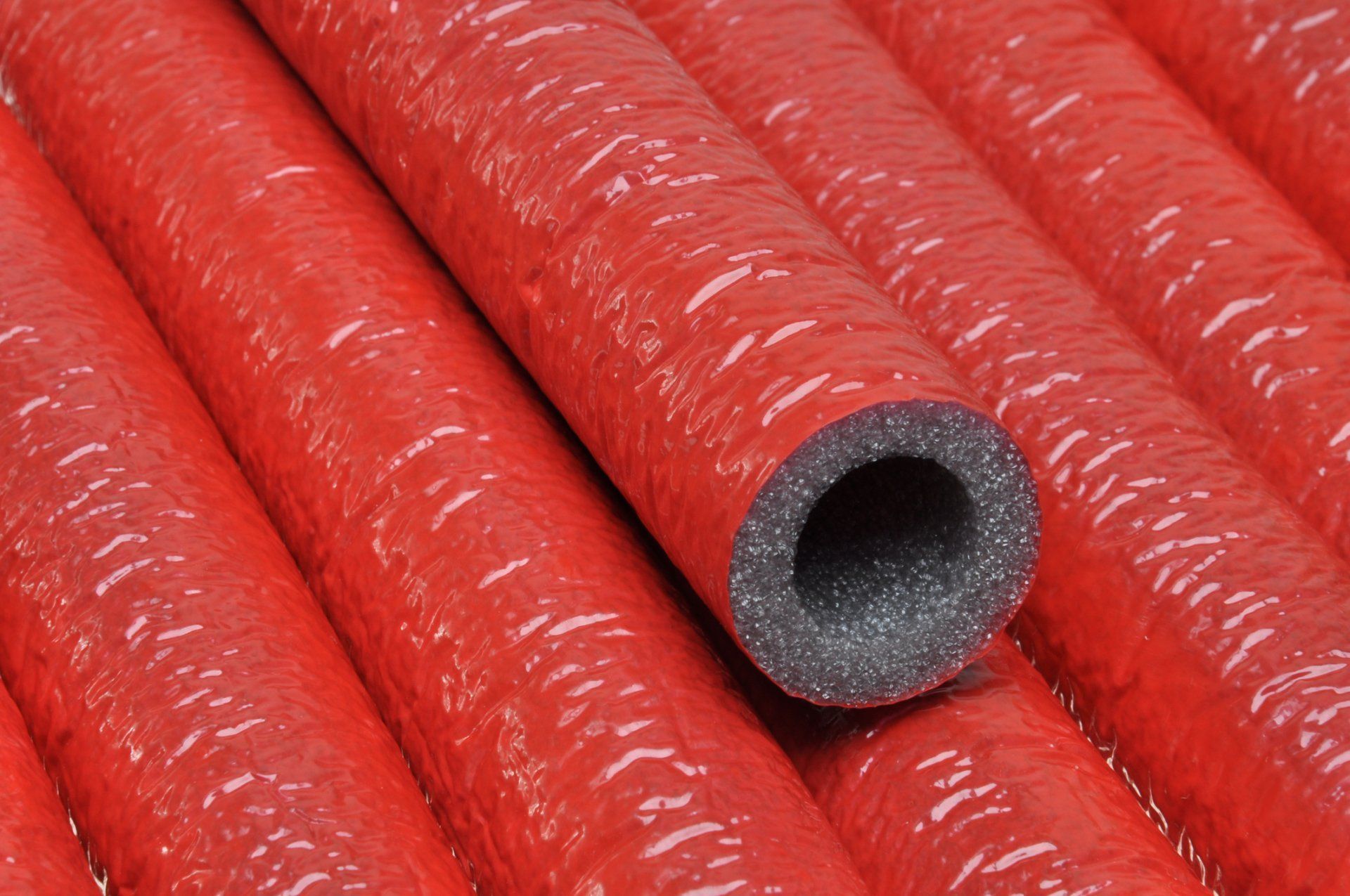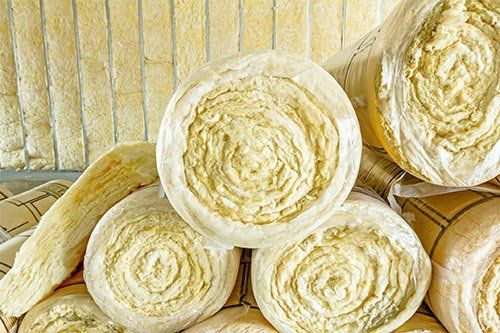What You Should Know About Spray Foam Insulation
Taking care of your business requires a lot of work, including taking care of the actual building. One possibly overlooked area of your building, however, may be the insulation. If you are sick of expensive heating and cooling bills and pest infestations, consider spray foam insulation. If you would like to learn more, keep reading.
What Is Spray Foam Insulation?
This is a type of polyurethane foam that is used more and more often as insulation. The insulation is sprayed on as a liquid, but it turns into foam and expands, creating a barrier that looks like marshmallow fluff.
Spray foam insulation comes in closed-cell and open-cell. Closed-cell spray foam has a higher R-value than open-cell, making it better at providing insulation. However, open-cell spray foam starts to expand the second it is applied, which makes it easier to ensure you have fully encapsulated the space with insulation.
What Are the Benefits?
Because the material expands, it better insulates every inch of space, helping to reduce heating and cooling costs. It also helps reduce moisture that gests inside the building. However, closed-cell spray foam is much better at controlling moisture than open-cell foam.
Closed-cell foam can even help strengthen the building because the foam is durable and hard after it dries. In addition, it absorbs sounds well so you can better provide a comfortable work environment for employees.
For example, do you have a warehouse and employees who provide customer service above the warehouse? The noise from the warehouse may affect the customer service representative's ability to hear customers. Spray foam insulation can help block a lot of this noise.
Additionally, spray foam insulation helps with reduced allergens and pests. This is incredibly important because it improves the indoor air quality. Poor indoor air quality could lead to chronic issues as employees who frequently call in sick.
What Are the Drawbacks?
The leading downside is the curing time. With other forms of insulation, you simply put it in the walls and you are done. With spray foam, you have to wait for it to dry and cure. During this time, you may not want anyone in the building as some gases may release.
The other downside is that while spray foam expands to fill every nook and cranny, over time, it can shrink. Therefore, your once fully encapsulated building might start to develop weak spots that allow air, moisture, allergens, and pests to enter. Luckily, you can simply reapply spray foam to fix the problem.
How Much Does it Cost?
Unfortunately, spray foam insulation is one of the more expensive types of insulation. On average, you can expect to pay $0.70 per square foot for open-cell spray insulation. For closed-cell insulation, you may pay $2.95 per square foot. On top of that, you will pay $1.00 to $3.00 per square foot for installation.
Fiberglass batts or rolls, however, only cost $0.90 to $1.50 per square foot, and that includes the materials and installation. Despite the price, both types of insulation can last 100 years or more. However, fiberglass matts are more prone to certain types of damage, such as moisture and mold growth because they absorb water well.
Spray foam insulation is not inexpensive, but you will likely recoup some of the money each month by saving on energy bills. Plus, it could provide a more comfortable work environment for employees, which can boost productivity. If you would like to learn more, or if you want a quote on spray commercial insulation, contact us at Breeding Insulation today. We look forward to helping you with your commercial or industrial insulation needs.
BROWSE OUR WEBSITE
CONTACT INFORMATION
Phone:
Address:
2505 N Orchard Knob Ave. Chattanooga, TN 37406
Mailing Address:
P.O. Box 5187 Chattanooga, TN 37406
BUSINESS HOURS
Monday-Thursday, 7:30 a.m.-4:30 p.m.
Friday, 7:30 am - 3:30












